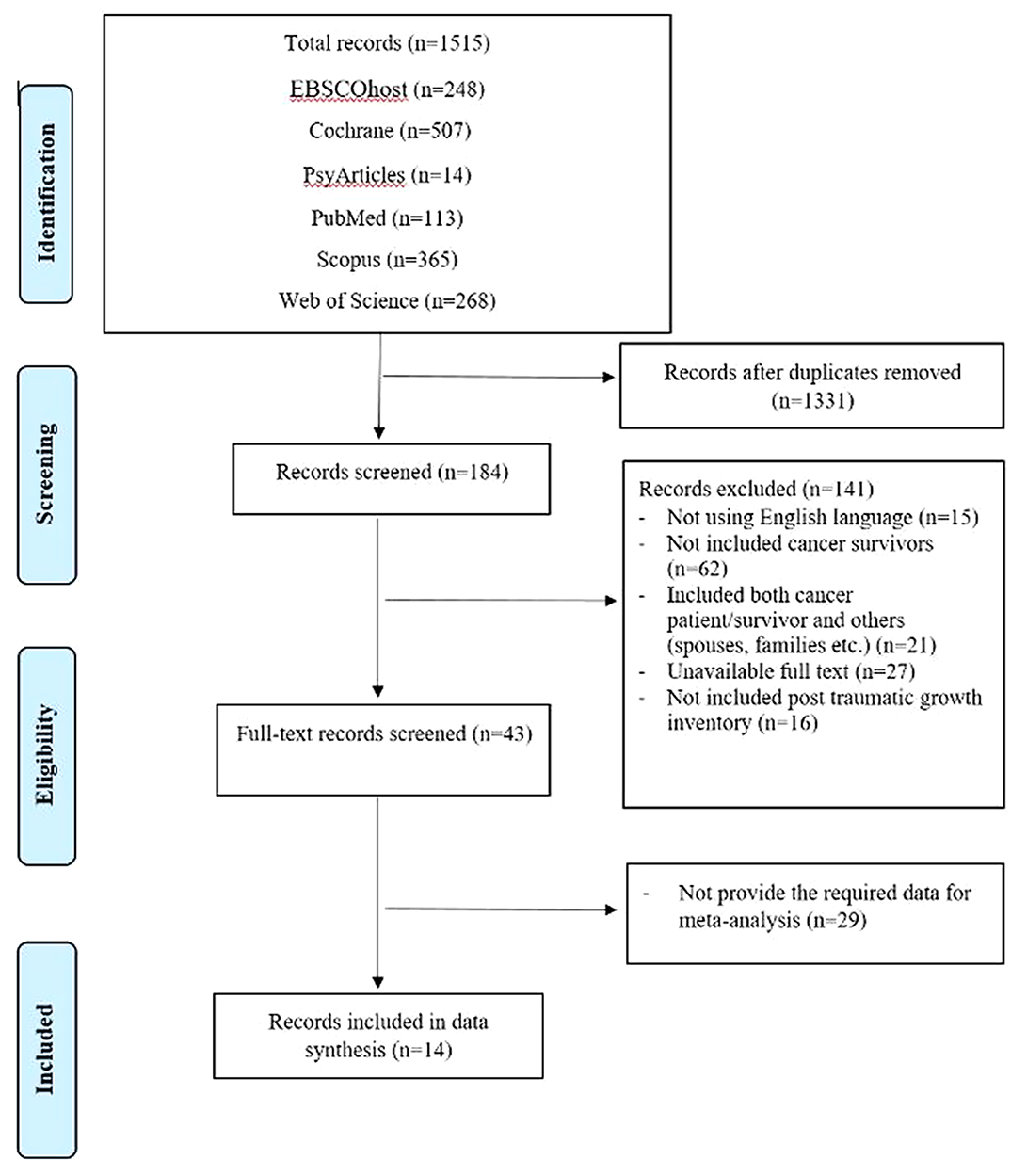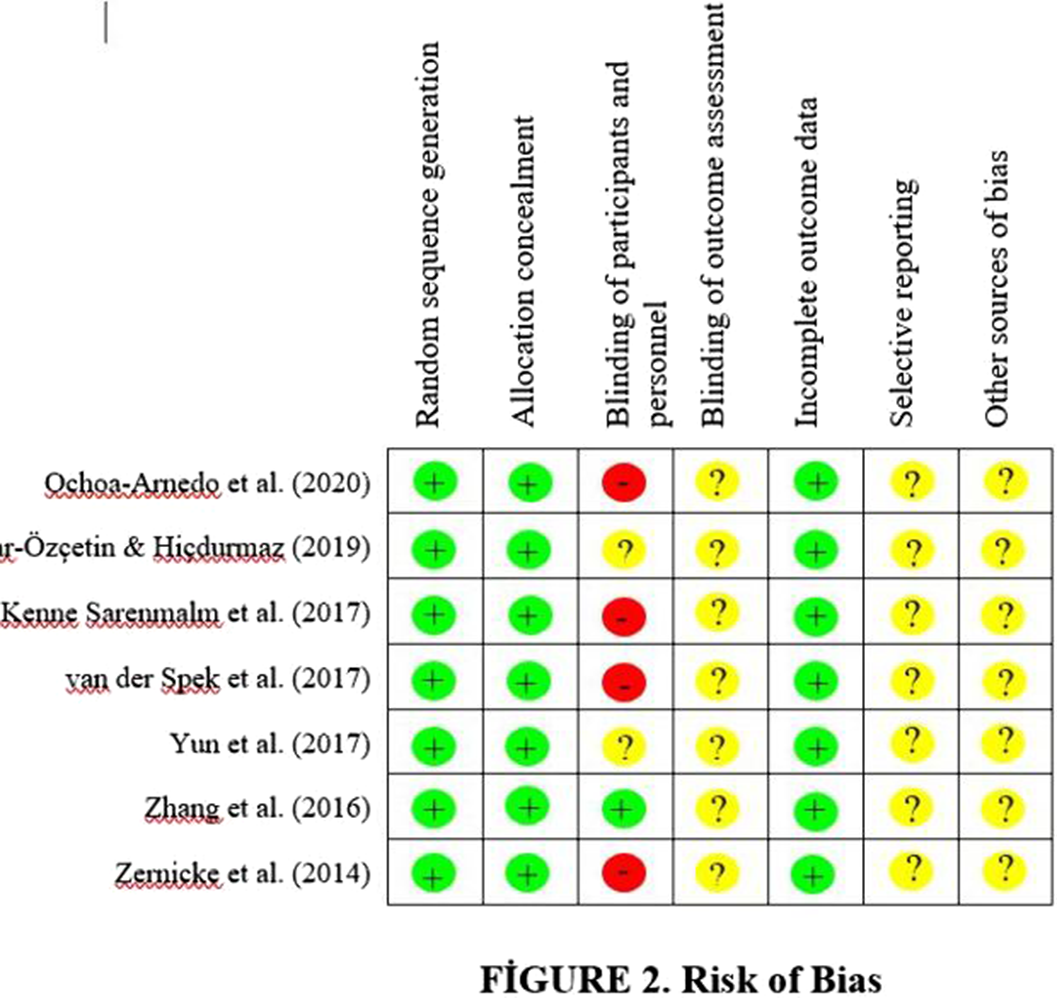1 results
Effectiveness of Posttraumatic Growth Interventions among Cancer Survivors: A Systematic Review and Meta-analysis
-
- Journal:
- European Psychiatry / Volume 65 / Issue S1 / June 2022
- Published online by Cambridge University Press:
- 01 September 2022, pp. S139-S140
-
- Article
-
- You have access
- Open access
- Export citation



